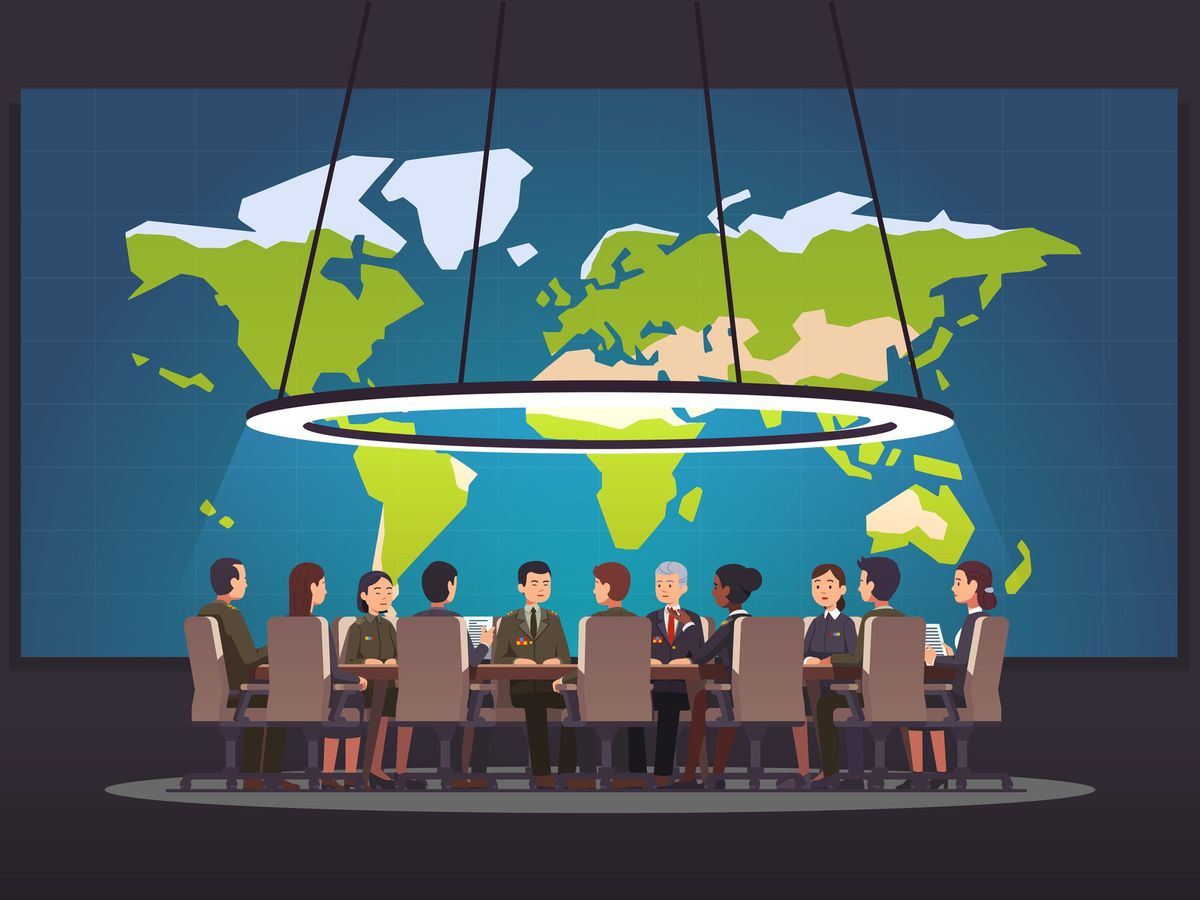With the rapid rate of technological advancements and evolution, coupled with urgent global challenges, the world’s need for technical standards has never been greater. Technology standards establish specifications and procedures designed to maximize the reliability of materials, products, methods, and services. In short, standards help increase the reliability and effectiveness of many of the goods and services people interact with daily.
Technical standards also play an important role as governmental bodies around the globe explore and establish policies and regulations to address challenges such as data governance, privacy, security, climate change, and the impact of rapid technological advances on citizens.
Global standards are critical instruments in areas such as innovation, trade, and public policy. But it can be challenging for government representatives to gain access to technical experts, best practices, and other resources needed to help them understand the standardization landscape and navigate issues that arise.
A complex system of standards bodies
One level of complexity governments face is that standards are developed by different types of organizations.
Standards bodies with a geographic designation generally are categorized as international, regional, or national, and they typically function under a nation-centric approach whereby governments, or groups closely coupled to governments, mandate standards.
Technical standards play an important role as governmental bodies explore and establish policies and regulations to address challenges such as data governance, privacy, security, and climate change.
There are also standards-developing bodies with a global technical or industry designation. They include state-independent standards-developing bodies, such as IEEE, with a globally open participation mode.
A program specific to governments
The IEEE Government Engagement Program on Standards helps agencies, commissions, ministries, and regulatory bodies better understand the standards development process. The program facilitates the global interoperability of devices and systems, provides a way to strengthen standards portfolios, and supports efforts to minimize redundant or conflicting standards.
Participation in IEEE GEPS is free, and there are no membership requirements. Participants have observer status on the IEEE SA Standards Board—which gives them insight into the mechanics of standards development, access to experts, and participation in national, regional, and international standards-setting bodies.
There also are quarterly webinars given by experts on topics that are of interest to GEPS participants, such as artificial intelligence, cybersecurity, and digital governance.
Other benefits include:
- Helping governments better understand their standards needs.
- Access to information about policymaking and regulations.
- Keeping government officials up to date on IEEE’s latest initiatives, including providing an inside look at standards in development.
- Increasing governments’ understanding of the IEEE SA process, and how to best take advantage of it.
- Receiving input and guidance on aspects of the broader standardization ecosystem, such as conformity assessment and certification, technical alliance management, and industry connections.
Since the program launched in 2017, more than 57 governmental bodies from 35 countries have joined. They include Argentina’s ENACOM, India’s Central Electricity Authority (CEA), Israel’s Ministry of Communications, Nigeria’s National Information Technology Development Agency, and the United Kingdom’s Department for Science, Technology, and Innovation.
This article is an edited excerpt of the “How IEEE SA Connects With Governments” blog entry published in January.
This article appears in the December 2023 print issue as “Why Policymakers Should Help Develop Standards.”
- Why Your Organization Should Join the IEEE Standards Association ›
- The Metaverse Needs Standards, Too ›
- Why IoT Sensors Need Standards ›
- Connect with Engineers Worldwide Through the IEEE App - IEEE Spectrum ›
- IEEE Celebrates World Standards Day - IEEE Spectrum ›
- A How-To Guide on Acquiring AI Systems - IEEE Spectrum ›
Karen McCabe is senior director of public affairs and marketing for the IEEE Standards Association.



